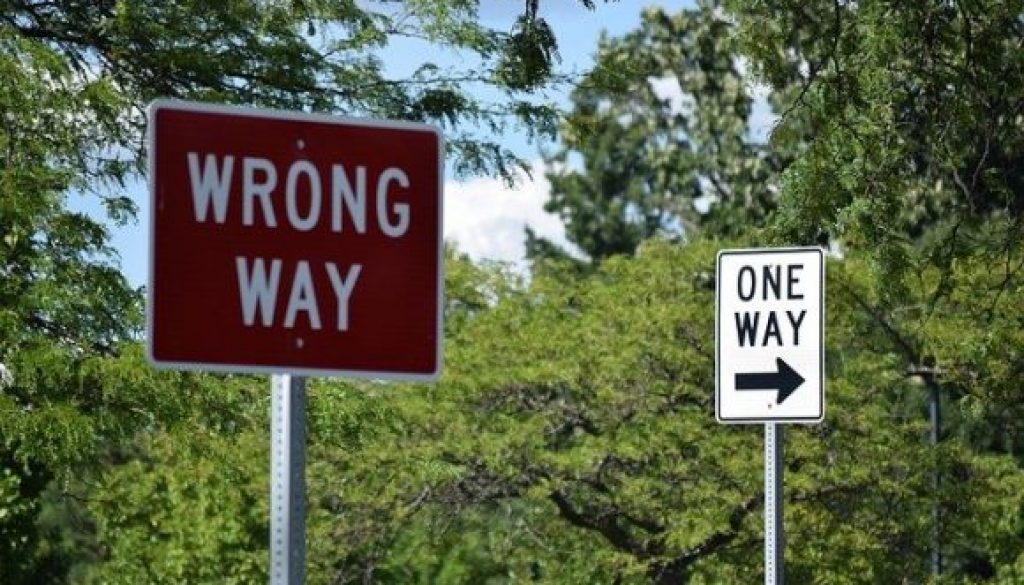Do You Want To Be Right Or Do You Want To Win?
My friend Chuck and I always have the best conversations. Sometimes we agree, sometimes we don’t. Sometimes we pick the opposite viewpoint simple to be contrary and test the conviction of the other person. You might find that argumentative, we find it entertaining and enlightening — and sometimes we manage to create an entirely new philosophy — just like we did when one discussion had us coin the phrase: “Do you want to be right or do you want to win?”.
The phrase came about during a conversation about a sales prospect illogically sticking to an incorrect piece of information even in the face of proof-positive truth to the contrary, and trying to convince them that the decision they are about to make is wrong and the advice you are giving them is right.
The problem is, if the other person admits you are right — that makes them wrong.
And no one wants to be wrong.
We concluded that the strategy in this scenario needed to get the prospect to make the better decision without having to admitting their original choice was incorrect.
This also meant that we didn’t get to be proven right
And everyone loves to be told they are right.
Now when one of us sees the other pushing their viewpoint on another with the intent of being proven right, we will ask “Do you want to be right, or do you want to win?” as a reminder of being clear on the end goal.
Sometimes it’s okay to want to be right and get the other person to tell us to our face that we were correct and they were wrong. But you have to go into that debate knowing that you want to proven the other wrong, and as a result you’ll probably lose out on many future opportunities with that individual.
It’s usually far better to go for the win, which may not involve anyone being acknowledged as right or wrong, but instead helping move a decision forward that is a win for both parties.
- Right vs. Wrong is personal
- Going for the Win is professional
I was reminded of our pithy phrase while watching a video of author and former FBI negotiator Chris Voss. His version of “Do you want to be right or do you want to win” uses the differentiating phrases of “You’re Right” and “That’s Right”.
When the person you’re negotiating with uses the phrase “You’re Right”, it’s something they are reluctant to admit and is frequently said to just shut the other person up. If they say You’re Right they’re not going to be happy about it because that means they’re wrong.
But if you can get them to say “That’s Right” it’s no longer personal, thus easier to admit without losing face to the other person.
The video below shows Chris explaining the concept during one of his live presentations. If you find his advice interesting, you may want to pick up a copy of his book on negotiating tactics titled Never Split The Difference.



